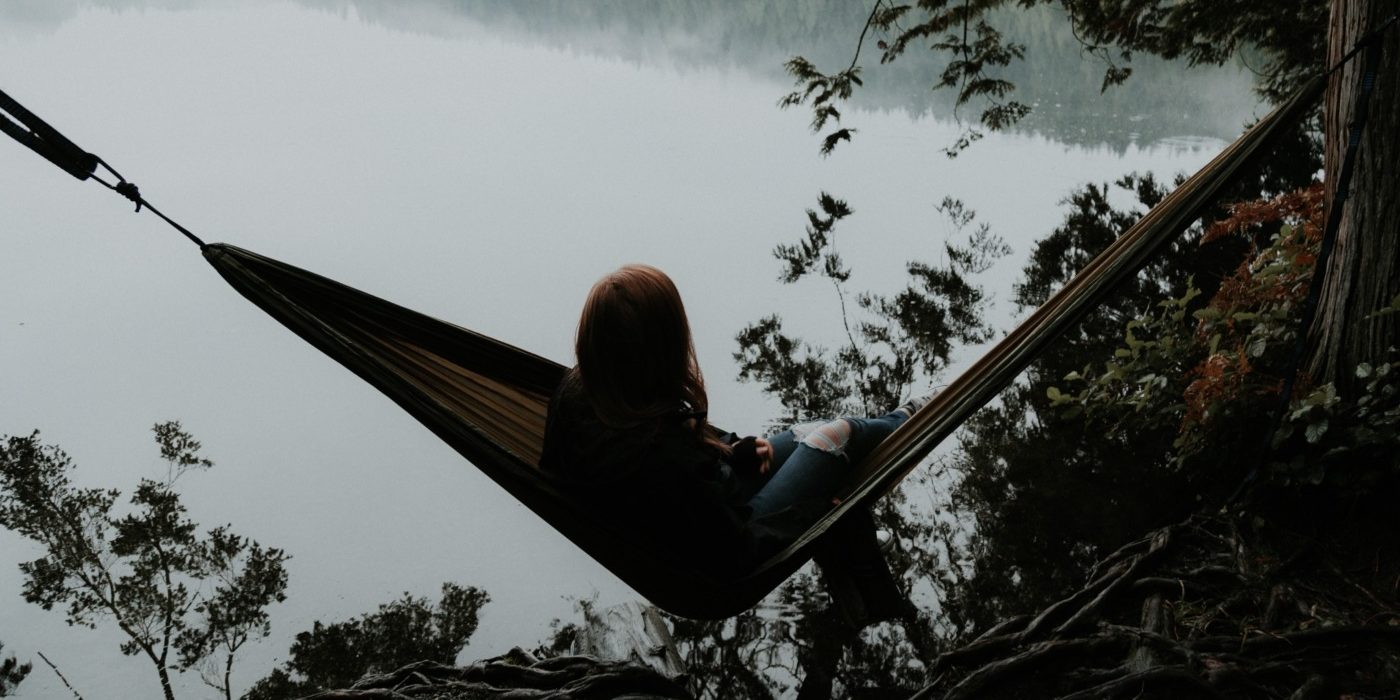Why don’t people care about climate change?
I am one of those many hypocritical planet lovers, who are not perfect but feel very strongly about tackling climate change. I often wondered how someone could possibly not care. It just didn’t make any sense to me. How could one claim to care about justice, equality, universal access to resources and simultaneously not care about climate change? As though they weren’t linked! So, I got down to figuring out why some people struggle more than others to understand the threats of climate change. I have identified five psychological barriers through my research.
The most common thing to witness in people who don’t care about climate change is apathy. Personally, I find it unsettling. It makes me cringe but I’ve realised that there are many reasons why one might feel apathetic towards climate change. One of the biggest issues is the psychological distance. We’re still talking about serious consequences at the end of the century and for many, this will be too far away. Especially for those who would only care if it directly affects their lives in the moment.
The second barrier is somewhat of a subconscious barrier. It is an underlying feeling that it’ll always be someone else who’ll suffer and you’ll will be fine. When disaster strikes, people mention how they never thought it could be their country, town, or house. This is a common theme where we have a tendency to think it will always be someone else’s house that will be flooded. Some other forest will suffer from ravaging wildfires or some other country would have water supply problems. But climate change is a global problem, which doesn’t see borders or discriminate.
It isn’t very motivating to be trying to do good when everyone around you is having fun indulging.
The third thing is a perception of how much you personally contribute to climate change. It is very difficult to connect something occurring on a global scale to our personal lifestyle. As much as I hate to admit it, sometimes it feels like switching to Soya milk or to Ecosia has done nothing but helped me to feel like less of a hypocrite. However, I disagree. I argue that it is both dangerous to presume that one person changing their lifestyle solves all problems or to think that there is no need to change one’s lifestyle at all. The change will come from a community of people so whilst we should definitely work on our own lifestyle, it shouldn’t end there. Instead, it should begin there.
The next barrier is the so called ‘Sucker Effect’. It is the feeling that you are contributing more to something than the rest and therefore, you lesson your contribution. The Sucker Effect results from a sense of injustice or exploitation, a feeling that you are being used by others to enjoy the credit. This is something many of us would have felt during a group project. The same sensation can apply to climate activism. You might be trying to go vegan or choosing a cosy hoodie over a cosy room but it isn’t very motivating to be trying to do good when everyone around you is having fun indulging in all the activities you’ve banned for yourself.
This is why it is so important to find a community. Some of my friends and acquaintances don’t care as much as me about climate change. What has saved me from hopelessness is knowing people who inspire me with their motivation.
The final barrier I have identified is the notion of ‘loss aversion’ that stems from behavioural economics. This is the understanding that generally for people, losses loom longer than gains. In everyday life, this translates to mantras like ‘live life in the moment’ or ‘you only ever get one life’. Now, I am not saying that one shouldn’t think like this. Indeed, I agree with these. But this way of thinking becomes problematic for climate activism. People choose their today’s indulgence over a more secure tomorrow. I don’t think some of the people of Australia could have imagined seeing the horrors of the bushfires that they are now seeing.
If you don’t care about the climate yet, I invite you to ask yourself what you are waiting for.
Nature is evidently beginning to falter and we really don’t know where climate change will strike next, and in what form. For those who don’t want to sacrifice lifestyles that are already a luxury for us, in comparison to the lives of people in the developing world, I invite you to read up more on climate change. It is manifesting its powers at a speed much faster than many of us seem to have previously imagined.
Studying our history, one thing I have learnt is that collectively mankind tends to find its true kindness only after a disaster. Wars gave us peace organisations, and to the UK, also the NHS. Oppression gave us activism, hope, and visions. The deepest horrors reminded us of the infinity of our humanity. I put my hope in the community of people, young and old, who care about the planet. I ask what it will take for the others to join in.
And if you don’t care about the climate yet, I invite you to ask yourself what you are waiting for.

Comments